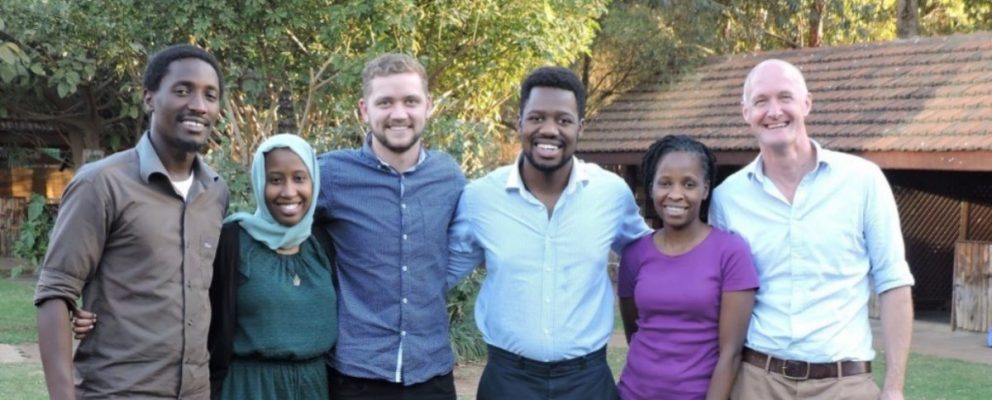
Kwangu-Kwako: Raising the standard of living for families in Nairobi’s slums
Kwangu-Kwako’s hard work over the past two years led to their first sale of multiple housing units last July. The venture builds homes from reinforced precast concrete panels, designed for safety, while also staying price competitive and scalable. In Nairobi, 1.4 million people and families live in 200+ informal settlements of homes made mostly of iron sheets around a timber bush pole frame. This means fires are a huge problem; in 2011, 25,000 people lost their homes in three months. Kwangu-Kwako (KKL) homes reduce the rapid spread of fire in Nairobi’s slums.
The venture operates in a tough environment, namely a price-sensitive market. One of the vital ways Kwangu-Kwako is creating a shift in the housing sector is through their work with the landlords of the slums. Kwangu-Kwako views landlords as the crucial local actor in their venture as it is through them that they can create systematic change.
“There are existing solutions, and the landlord is one of them. Any intervention that ignores them will likely fail to have any significant impact. A solution that helps the landlord should also be able to help the tenant as well. The landlord is the catalyst.”
Read more in the article: Slumlords are the answer!
Access to finance for landlords was one of the critical issues Kwangu-Kwako worked to overcome to advance sales of their homes. They partnered with a microfinance institution (MFI) to come up with a commercial offering for the landowners who would purchase their products because their homes are more expensive than the common mabati house. Kwangu-Kwako finalized the financing agreement with MFI. This was quite an arduous approval process to go through with an MFI even though terms are set by KKL. In the end, KKL was able to ensure that the financial instrument could be utilized by the landowner, some of whom do not have otherwise required land ownership documentation.
Over the past year, Kwangu-Kwako also refined their housing product, reduced inventory requirements and created partnerships with lending institutions to allow landlords easy access to their products. With the support of EWB Fellows, KKL accommodated different regional requirements by adding to their product line, including one-room houses of different sizes and latrine sheds. By promoting their home construction during community visits and reducing the costs of their product, Kwangu-Kwako led essential steps to get buy-in from market stakeholders, confirm more sales since July, and gain traction in their market.
